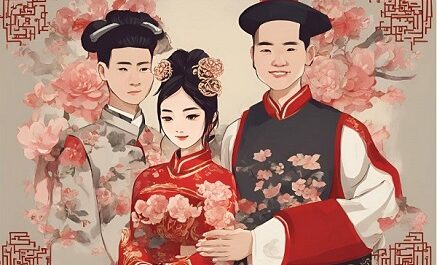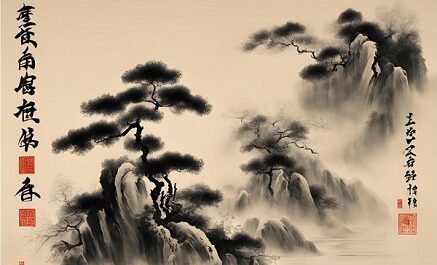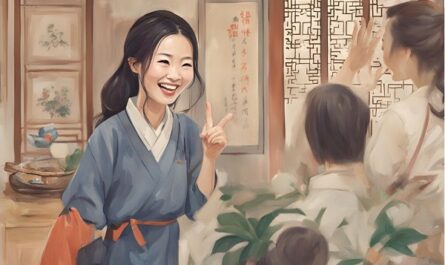Learn Chinese Idiom with Pinyin and English
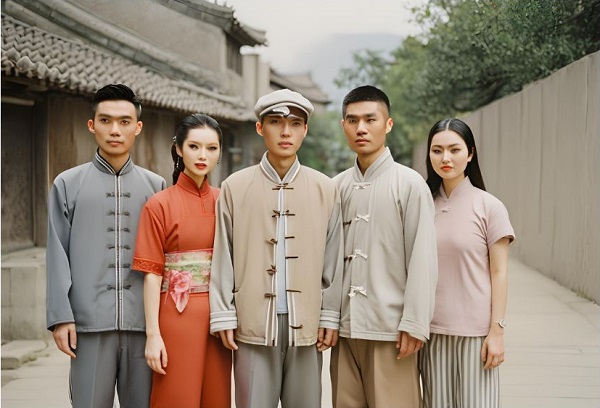
- Idiom in Chinese-三男两女。
- Pinyin of Idiom– sān nán liǎng nǚ.
- Idiom’s Meaning in English– The idiom “sān nán liǎng nǚ” literally translates to “three males and two females”. It describes a specific combination of gender within a group, often used in a humorous or descriptive context. While the idiom does not have a profound symbolic meaning, it is sometimes employed to refer to a balanced or unbalanced mix of genders in a certain situation.
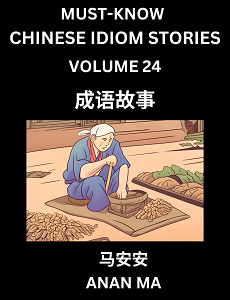
Chinese Idiom Stories Books (HSK All Levels):
- Books to Learn Chinese Idiom Stories (Part 1)
- Books to Learn Chinese Idiom Stories (Part 2)
- Books to Learn Chinese Idiom Stories (Part 3)
Learn Chinese Idiom Story in English (成语故事的英文)
The story of “sān nán liǎng nǚ” taook place in a small town. One day, the town held a talent competition to encourage people to showcase their skills. Among the contestants, three men and two women stood out: Mr. Zhang, Mr. Li, Mr. Wang, Miss Zhao, and Miss Chen. All five contestants prepared thoroughly and hoped to excel in the competition.
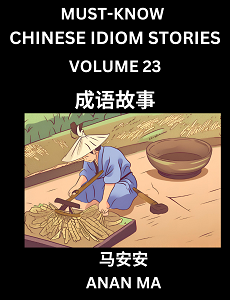
On the day of the competition, the five contestants showed their prowess. Mr. Zhang’s magic tricks, Mr. Li’s singing, and Mr. Wang’s dancing all won applause from the audience. Miss Zhao’s calligraphy and Miss Chen’s piano skills were also breathtaking. Ultimately, all five of them won awards and became stars in the town.
Learn Idiom Story in Chinese (成语故事)
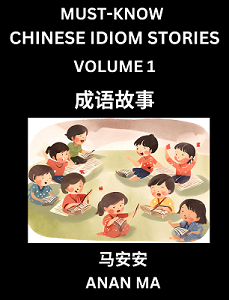
三男两女的故事发生在一个小镇上。有一天,镇上要举办一个才艺比赛,鼓励大家展示自己的特长。在报名的选手中,有三位男性和两位女性特别引人注目。他们分别是张先生、李先生、王先生,以及赵小姐和陈小姐。五位选手都准备充分,希望在比赛中脱颖而出。
比赛当天,五位选手各显神通,张先生的魔术、李先生的歌唱、王先生的舞蹈都赢得了观众的阵阵掌声。而赵小姐的书法和陈小姐的琴艺也令人叹为观止。最终,他们五位都获得了奖项,成为了镇上的明星。
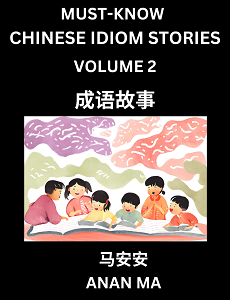
Learn Keywords with English, Simplified Chinese Characters, and Pinyin (关键词)
- 三男: sān nán- Three men;
- 两女: liǎng nǚ- two women;
- 比赛: bǐ sài- competition;
- 才艺: cái yì- accomplishment;
- 脱颖而出: tuō yǐng ér chū- Stand out;
- 掌声: zhǎng shēng- applause;
- 书法: shū fǎ- calligraphy;
- 琴艺: qín yì- skill in playing stringed instruments;
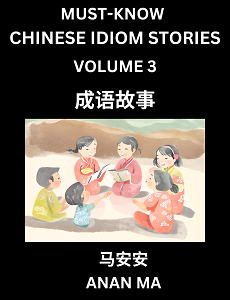
Pinyin of Idiom Story (故事的拼音)
Sānnán liǎng nǚ de gùshì fāshēng zài yīgè xiǎo zhèn shàng. Yǒu yītiān, zhèn shàng yào jǔbàn yīgè cáiyì bǐsài, gǔlì dàjiā zhǎnshì zìjǐ de tècháng. Zài bàomíng de xuǎnshǒu zhōng, yǒusān wèi nánxìng hé liǎng wèi nǚxìng tèbié yǐn rén zhùmù. Tāmen fēnbié shì zhāng xiānshēng, lǐ xiānshēng, wáng xiānshēng, yǐjí zhào xiǎojiě hé chén xiǎojiě. Wǔ wèi xuǎnshǒu dōu zhǔnbèi chōngfèn, xīwàng zài bǐsài zhōng tuōyǐng’érchū.
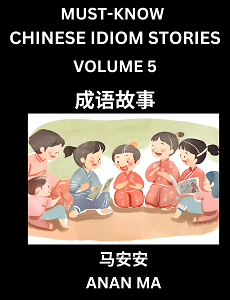
Bǐsài dàngtiān, wǔ wèi xuǎnshǒu gè xiǎn shéntōng, zhāng xiānshēng de móshù, lǐ xiānshēng de gēchàng, wáng xiānshēng de wǔdǎo dōu yíngdéle guānzhòng de zhèn zhèn zhǎngshēng. Ér zhào xiǎojiě de shūfǎ hé chén xiǎojiě de qín yì yě lìng rén tànwéiguānzhǐ. Zuìzhōng, tāmen wǔ wèi dōu huòdéle jiǎngxiàng, chéngwéile zhèn shàng de míngxīng.
